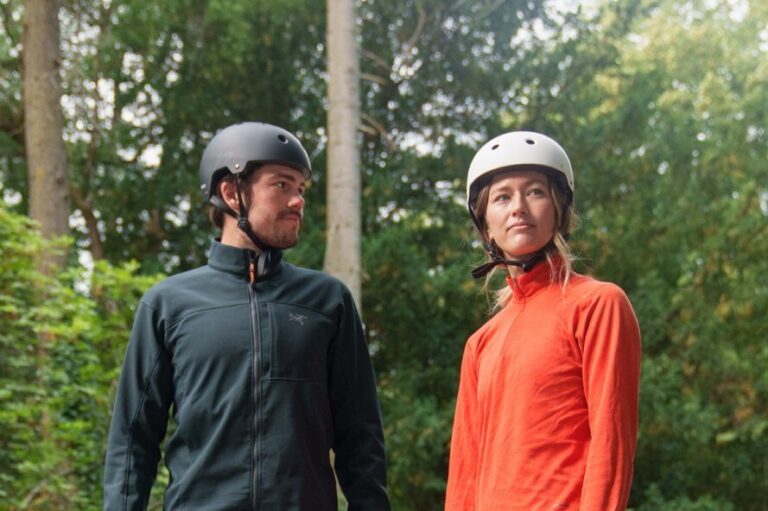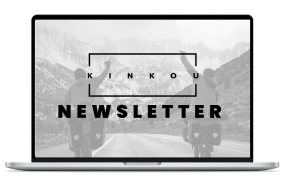Misty day here in Seattle, but that’s OK, everything is very green and we love it.
When we’re young – really young – we never hesitate in asking about something we don’t understand. For some reason as adults, we’re trained (socially) to not ask questions – because it might reveal that we *don’t know* something. Isn’t that odd?
One of the best tools we have at our disposal to try and “get it” – asking questions – in a lot of professional settings is promoted as “weak”.
That’s not good.
Do you remember a time when you were in a room with someone that asked great questions? Do you look forward to thinking and working with people who do that well?
Learning how and when to ask better questions is one of the strongest leadership skills to develop and practice. When used right, questions have the ultimate power to draw out ALL the intelligence in the room, to bring out all the ideas, to sweep out all the corners of the conversation. Questions can also do other things, such as:
-
Showing your team that you’re not perfect, you don’t have all the answers, and they should come prepared to contribute
-
Unearthing assumptions that have a group or team anchored, holding them back from innovating and thinking creatively
-
Buying *you* time, as the question asker, to formulate your thoughts, and hold yourself back when you feel triggered to have and share the answer
-
They can help you build a greater coaching capacity in yourself, and help develop a coaching culture in your organization
In the Multipliers Leadership Coaching program we deliver, out of the 10 conversations we have, the “Ask Better Questions” week is one of the most powerful, we build off of and practice it over and over as we progress through the program. Putting in the “question reps” helps us remove doubt that it’s a strong tool we should be using and developing for ourselves. If you’re interested in our *free* 5-day email course on How to Ask Better Questions, you can sign up here.
Here are a few resources that are related to the power of questions, that I’ve been enjoying and sharing with clients lately:
-
Katy Milkman hosts a great podcast called “Choiceology” and in a recent episode, she deep dives into “nudges” and choice architecture. Nudges can come in many different flavors, and can help make choice selection easier, can drive enrollment for a cause, and boost participation in a program that you’re leading. Questions can be powerful nudges. (40 min podcast)
-
On an older episode of the Freakonomics podcast, they talk about a verbal tic in saying “that’s a great question”, in response to just about … everything. Is it a tic? A strategy? (30 min podcast)
-
In one of my favorite examples of powerful questions being used to understand people more deeply, Clay Christenson talks about the “job” of a McDonald’s milkshake, touching on his “Jobs to be Done” theory. (7 min video)
If you enjoyed this, I would greatly appreciate you forwarding it to a friend or colleague. If you want to sign up for my newsletter, you can sign up below and you’ll receive it on the 1st and 15th of every month.
Three ways I can help you when you’re ready:
1. Working with you one-to-one as a leader
This private, one-on-one Coaching is entirely focused on you, the client, and the future you want or goals you want to accomplish as a leader…
2. Helping your team become a unified squad
If you’re a team looking to increase your effectiveness together and within your organization, this is for you.
3. Join our next Multipliers Cohort
Are you multiplying the intelligence of everyone around you? Are people growing and developing in your presence?








